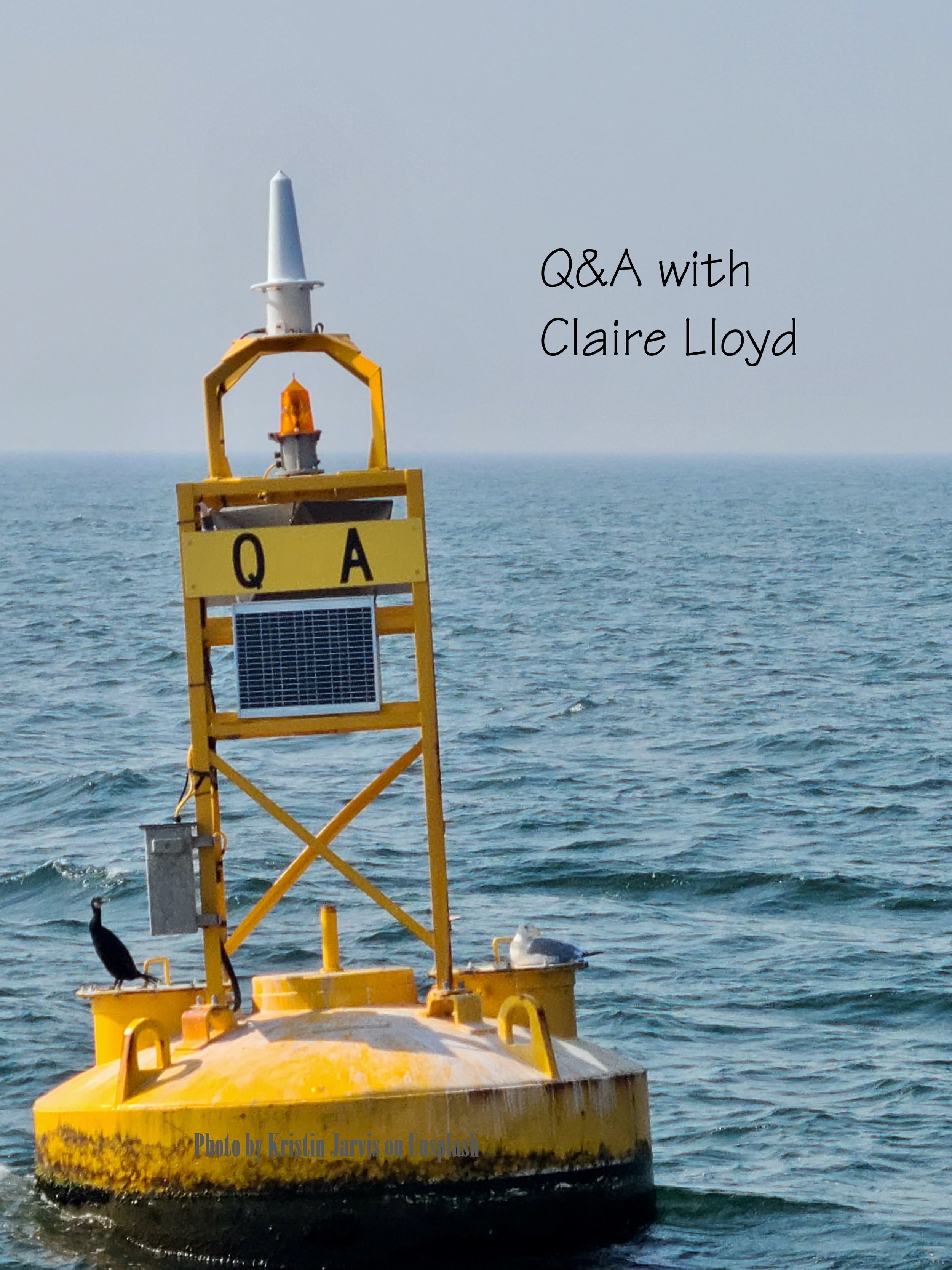Q & A with Claire Lloyd
When did you decide to first go into wine-making?
The decision to make wine circled us slowly for several years before it was welcomed in our camp. Our clear and shared understanding was to resurrect this patch of land, this 20 hectares of hilly pastures, where few trees remained after nearly 100 years of use as a cattle property. Neither of us had a background in wine-making, although we had collected and enjoyed wines. We purchased the property in 2008, spent several years developing the soil and overhauling infrastructure, then planted the vineyard here at Bridestowe Ridge, North Lilydale, in the (southern) summer of 2013-2014.
What attracted you to it?
We wanted a small piece of Tasmania to return to, birthplace for each of us, after decades in sub-tropical northern Australia. For Susan, it was almost a homecoming, as her family had created the southern hemisphere's first commercial lavender growing and distilling operation in this valley, a century ago now. Her first 20 years were here. Harry hailed from Burnie (coincidentally he was employed as wine-waiter on opening night for Tasmania's first licensed restaurant, John Licandro's Martini in Burnie). North Lilydale was perfect for putting our toes back in Tassie soil!
What’s special about the spot you chose for your vineyard ?
Special things which translate into wine quality are our altitude, annual rainfall and terrain. Altitude matters, because it means ripening days have cool nights, stretching out the ripening period, perfect for pinot noir which requires slow ripening to develop its nuanced flavours. Good annual rainfall allows vine vigor, in turn to be controlled by a high-intervention Scott Henry trellis system. The terrain is very special: a lofted valley. The vineyard enjoys all-round shelter from steep valley sides, yet is nested high in the foothills of Mt. Arthur. The vineyard slope - up to 20 degrees - props the vines up to the sun, and works against frost risk by allowing free runoff for cold air.
Tell me bit about your wines?
Our wines are from young vines - vintage 2016 was our first. But in those few years, our wines have been recognised for their quality:
• Our 2017 pinot noir: 96 points by James Halliday;
• Our 2018 pinot noir: Gold Medals at 2020 Royal Hobart Wine Show and 2021 Tasmania Wine Show;
• Our NV Sparkling Rosé: Top Gold and Trophy at 2021 Australian Sparkling Wine Show
• Our 2019 pinot noir: Gold Medal at 2022 International Cool Climate Wine Show.
We understand that wine quality is the result of our fruit being in good balance at harvest. That is, there is a symmetry and tension between the fundamental elements of the fruit: the sugars (smoothness and body), tannins (dryness) and acidity (sharpness and tang). Our fruit has significant levels of retained acidity at harvest; this is a direct result of those cool nights during ripening, which in turn are a function of our altitude at this latitude. Cool nights dampen the natural shedding of acidity which accompanies ripening. So we harvest ripe fruit with sound retained acidity. That translates into good bottle age, and increasing complexity as the wine ages in the bottle: the result of the acidity reacting with post-ferment sugars and tannins during the entropy which is captured in each bottle.
I love your pink rose. Can you tell me a bit about it?
Our NV Sparkling Rosé is 56% pinot noir, 6% pinot meunier and 38% chardonnay. All fruit is from our single vineyard here at Bridestowe Ridge. Being non-vintage (NV) allows blend of vintages. We set aside part of the wine fermented from each vintage and draw an equal volume from our reserve base to blend with the remainder of the new crush into the bottle ferment for the next iteration of our NV Sparkling Rosé. The amount set aside replaces the drawdown from our reserve base. That way, we maintain a balance between old and new elements in each year's production. The blush in the glass comes from pinot noir skin contact. This also introduces further tannins. The result is what you love!... A sparkling wine with robust fresh characters, showcasing our fruit.
Tell us about the flavours of your reds, and whites ?
The theme which ties our reds and whites together is the backline of acidity balanced with tannins and sugars. There is balance between those elements at harvest, which is maintained through the superb management of the winemaking processes by Fran Austin. The outcome is a buoyant representation of our fruit; relatively lightly oaked in our red wine, naked in our white! Our chardonnay is unoaked, in the style of Chablis or, for some, perhaps Mâcon. The tannins of oak barrels are not required in this delicate offering. The balance inherent at harvest, maintained through fermentation, does not require any softening oxidation as promoted by barrel time. The flavours are our fruits.
What’s the biggest compliment someone’s given you about your wine?
In simple terms, when we witness a newcomer to our wines express their pleasure in what they have encountered, that is the biggest - the best - the greatest compliment!
What is the most rewarding part of what you do?
The best rewards are in the satisfaction from nurturing the soil and other aspects of the property, and in the expressions of pleasure that we receive from our guests at Cellar Door who choose to taste our wines. Seeing the land thrive under our care, and sharing the pleasures of wine and stories in open fellowship at Cellar Door, are our true rewards. Thank you.

